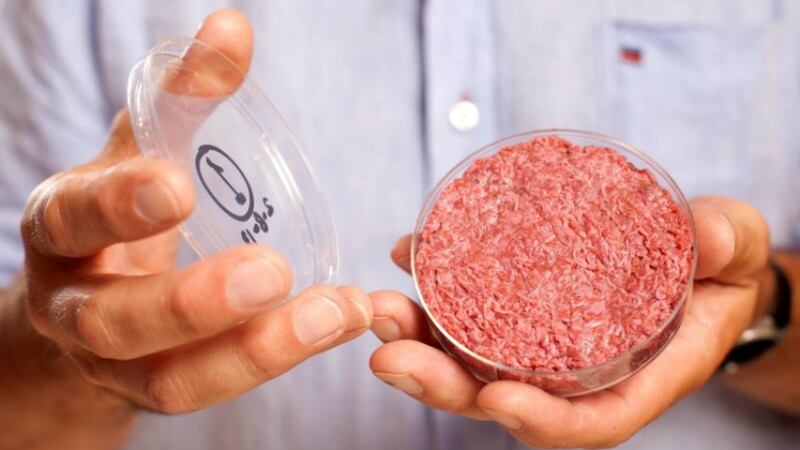The point was made by the National Committee of the Chinese People's Political Consultative Conference (CPPCC) member Sun Baoguo at China’s massive high-level plenary meeting between the CPPCC and National People’s Congress (NPC), the organisations responsible for making national-level decisions in the country.
Sun, who is also President of the Beijing Technology and Business University, suggested that from a national strategy perspective, China should implement policies to better prepare in this area as many other countries such as the United States, Japan, Israel and the EU have already been focusing on this for some time.
“Cell-based meat is being viewed as the most likely solution to meat supply via clean and sustainable means,” said Sun.
“China has very complicated and dynamic demands when it comes to food, nutrition and flavour when compared with Western countries, so we not only have to develop technologies on par with that of Europe and the US, but also a great deal of local and self-innovation.
“Cell-based meat analysis and technological advancements are a key way to guaranteeing China’s future meat supply, and gaining a leading position when it comes to this production technology will also have important strategic importance for the country.’
Sun gave a wide variety of suggestions to push ahead in this sector including increased investments in cultured meat R&D, particularly in areas such as acquiring efficient seed cells, proliferation and differentiation, culturing medium, equipment and more.
The other important area where improvements were suggested were in terms of policies and regulations.
“At the same time it will be important to establish and perfect the regulatory systems and laws governing cell-based meat production,” said Sun.
“Here we can borrow from the United States’ system for monitoring, supervision and responsibility division when it comes to strengthening the safety aspects of seed cells, the animals these are obtained from, the culture process and to analyse the [overall food safety aspects of producing and consuming] cell-based meat.
“An independent standards system should be set up to analyse the product safety and nutritional aspects of cell-based meat, along with an objective monitoring system, so as to accelerate positive local growth of this sector.”
Public acceptance also key
In addition to regulatory and R&D measures, Sun also called for the science behind culturing science-based meat to be more public so that consumers would have more accurate knowledge regarding cultured meats.
“This will enable [the public] to look at cell-based meats more objectively and also enable them to distinctly differentiate between this and traditional meats, which is likely to help to increase public acceptance as well,” he said.
Plant-based vs cell-based in China
Plant-based meats are well-known and accepted in China such as Baicaowei’s recent plant-based sausage snack and Jinzi’s plant-based patties, and Greater China countries have seen more advancement such as cell-based seafood firm Avant Meats in Hong Kong, but so far, cell-based meat is pretty much in its infancy in the country.
Last year, the Nanjing Agricultural University reported that a team there had produced 5g of pork from muscle stem cells, but not much else about cultured meat has made headlines since then.
According to CGTN, in 2017 China signed a US$300m deal to import meat cultured in Israeli labs, showing interest since as far back then in the sector to support its own goals to cut meat consumption in half by 2030, but Sun’s proposal would indicate that the country is now looking to bump up its own local production to meet these goals.





